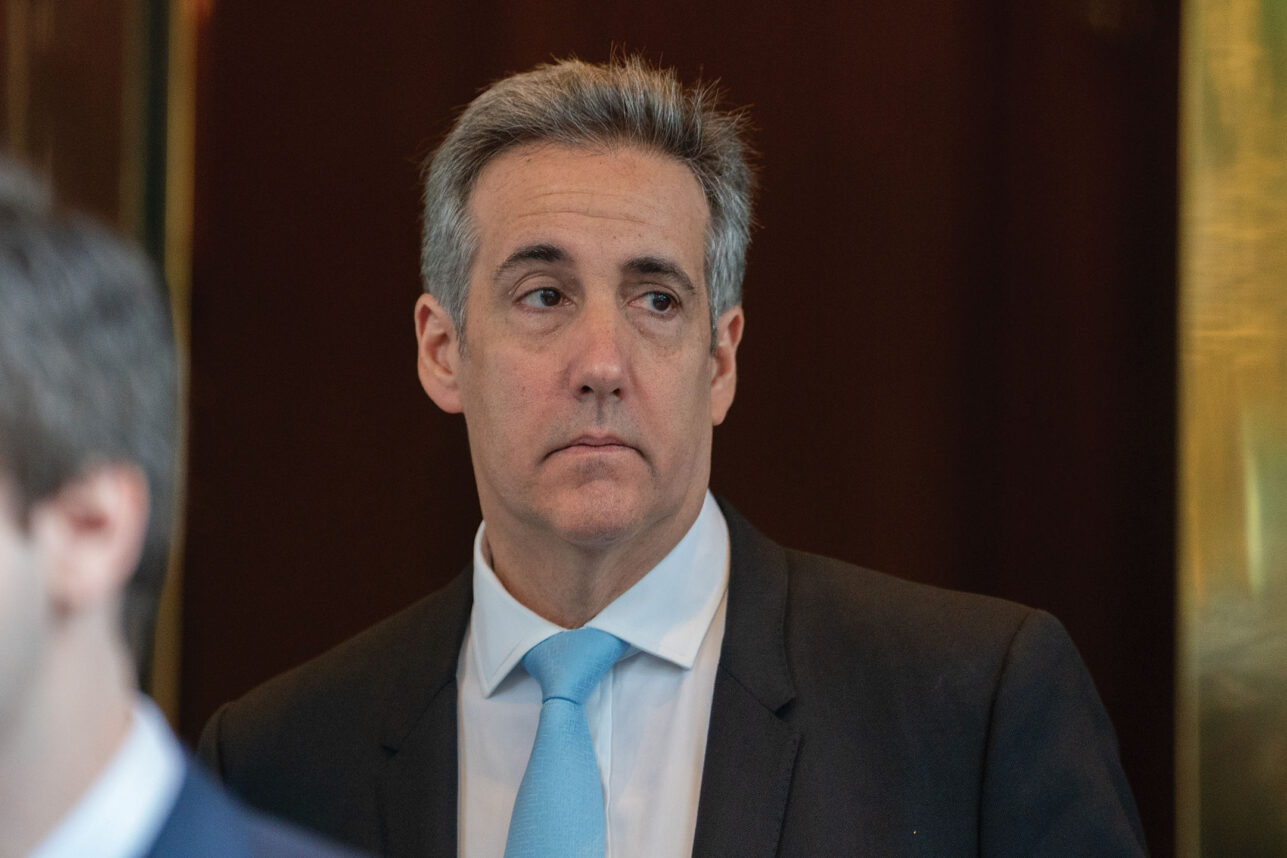 Spencer Platt / Getty Images
Spencer Platt / Getty Images Do Jewish lives matter?
Of course they do, at least in any civilized society. But at a time in which harassment, intimidation and violence against Jews is become uncomfortably frequent, this seemingly straightforward question raises difficult challenges to a higher education orthodoxy that seems willing to permit – if not encourage – a pernicious and dangerous double standard that allows Jews to be treated differently than members of other underrepresented communities.
The idea that Jewish lives matter was suggested by a Columbia University student in one of her classes this semester (https://www.theatlantic.com/ideas/archive/2024/04/columbia-university-protests-palestine/678159/), an assertion that was met with complaints from other students and caused her to drop the class. It frames one of the most frustrating questions about the unrest that has gripped America’s college campuses and the glaring inequity in the way that Jewish students have been treated as the debate over Gaza has exploded into widespread public displays of overt antisemitism.
The student’s outwardly innocuous but courageous declaration was designed to illustrate that bias. More specifically, it highlights the question of how a public statement is intended as opposed to the way that statement is perceived by others. In the aftermath of the tragic deaths of George Floyd and Breonna Taylor in the spring of 2020, the phrase “Black Lives Matter” became a rallying cry for those who used their deaths to shine a public spotlight on causes of social justice and police reform. When well-meaning supporters of those efforts attempted to broaden the discussion to include other marginalized or underrepresented communities, they were told that using the slogan “All Lives Matter” would minimize the challenges that Blacks have historically faced in these areas and therefore offend many members of that community. Those concerns were respected and the altered version quickly disappeared.
In that instance, the intent of the individual uttering those words was assumed to be less important than the impact of them on members of the relevant community. But contrast that sensitivity with the way the slogan “from the river to the sea” is used by many supporters of the Palestinian cause. Almost all Jews hear the phrase and understandably interpret them as a direct threat to the state of Israel. Many supporters of a Palestinian state have publicly stated that their intent in using that language is as an explicit call for Israel’s destruction, but others claim that they are not seeking the elimination of the Jewish state or the Jewish people but merely freedom and autonomy for Palestinians.
When Jews and other supporters of Israel point out the impact that such slogans have on them, those using that language protest that their intent is not to be menacing. This completely reverses the resolution of the Black Lives Matter disagreement, telling Jews that their emotional well-being and safety is less important than either Israel’s critics or members of other underrepresented groups.
The Columbia student combined these two related questions, artfully asking why the same standard used in other similar discussions cannot be applied to Jews.
The Columbia student combined these two related questions, artfully asking why the same standard used in other similar discussions cannot be applied to Jews. It’s easy to see why her fellow students were so upset with her impertinence. As college undergraduates, they may not have been equipped to navigate such philosophical terrain on their own. And they must have known they would not receive any useful guidance from their off-campus instructors.
Achieving an appropriate balance between protecting First Amendment rights to free speech and protecting the safety of those who are targeted by the angriest and ugliest of that speech is a difficult task. But while most of this country’s institutions of higher learning tend to give precedence to the physical and emotional safety of their students over the protection of freedom of expression, they have completely reversed those priorities when the subject is Israel, Jews or Judaism.
There is an extraordinary injustice at work here that no college or university administrator has yet even attempted to address. It shouldn’t be too much to ask that our children and grandchildren be granted the same consideration — and same protection — as their classmates. So we are asking.
Dan Schnur is the U.S. Politics Editor for the Jewish Journal. He teaches courses in politics, communications, and leadership at UC Berkeley, USC and Pepperdine. He hosts the monthly webinar “The Dan Schnur Political Report” for the Los Angeles World Affairs Council & Town Hall. Follow Dan’s work at www.danschnurpolitics.com.























 More news and opinions than at a Shabbat dinner, right in your inbox.
More news and opinions than at a Shabbat dinner, right in your inbox.